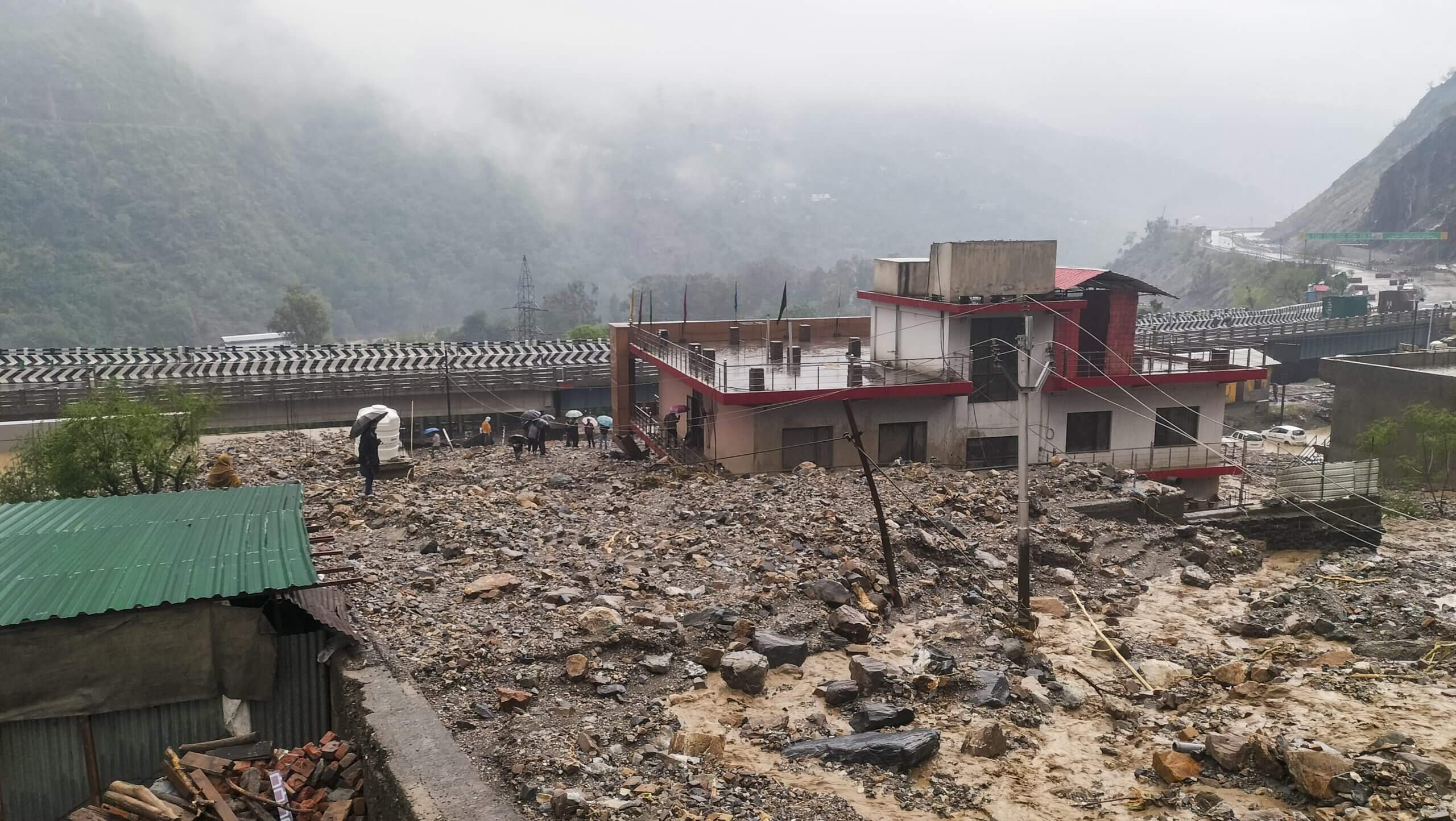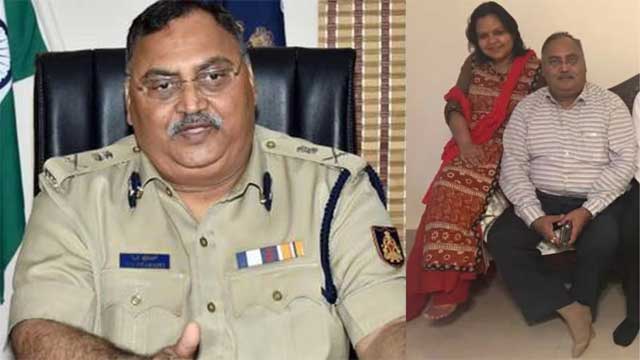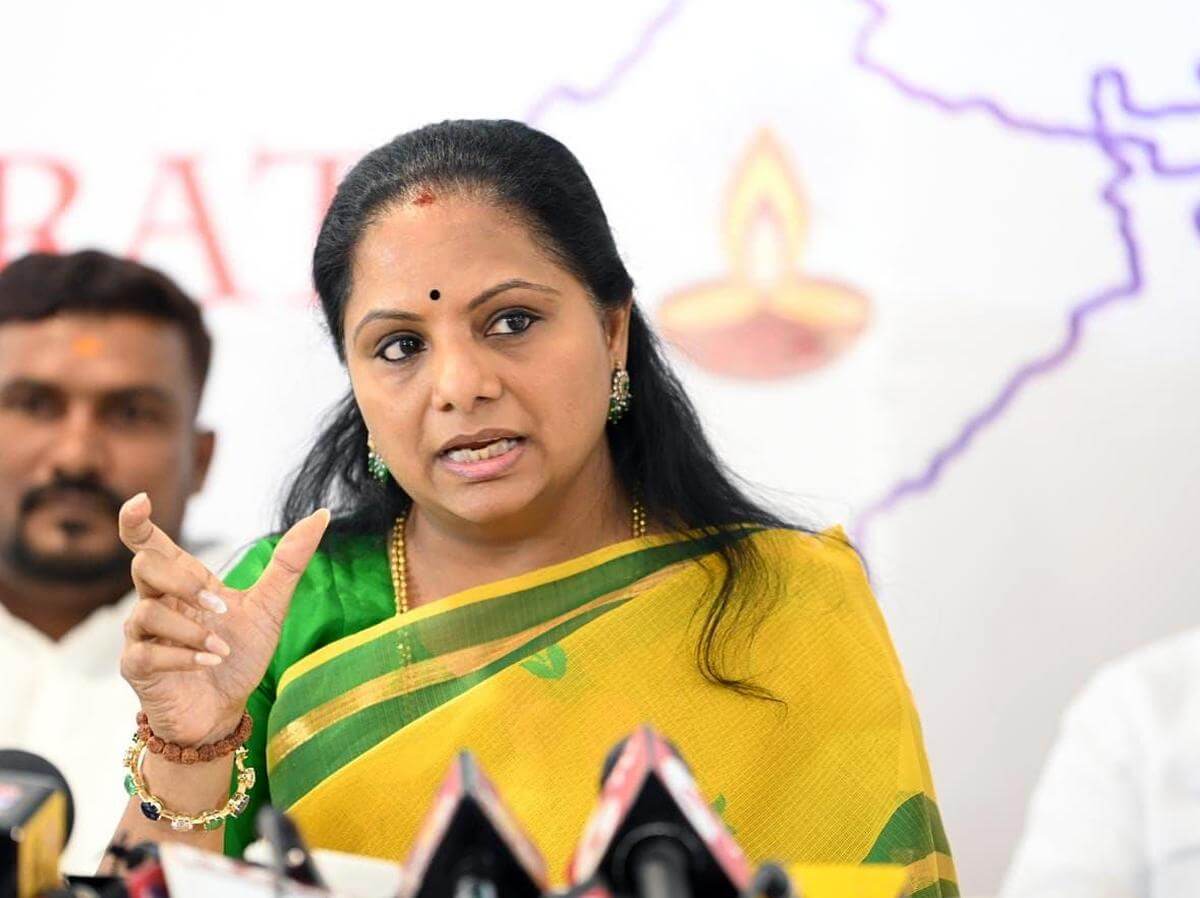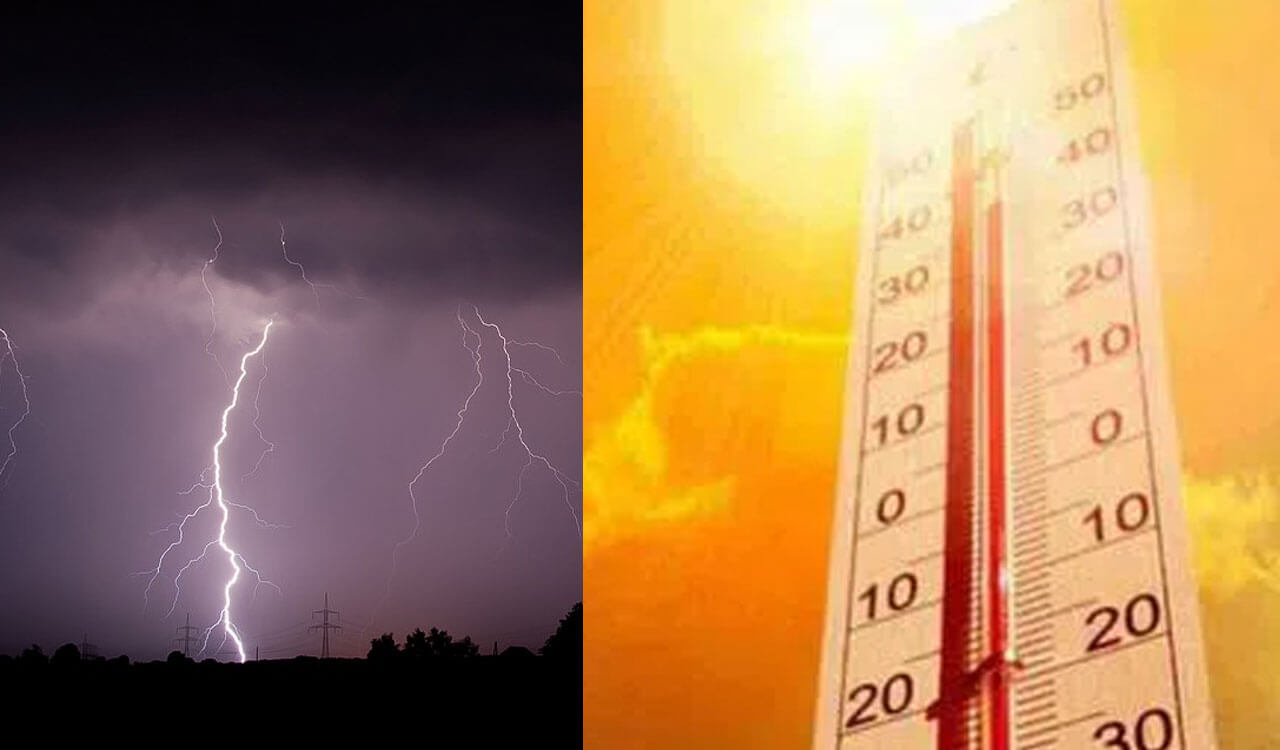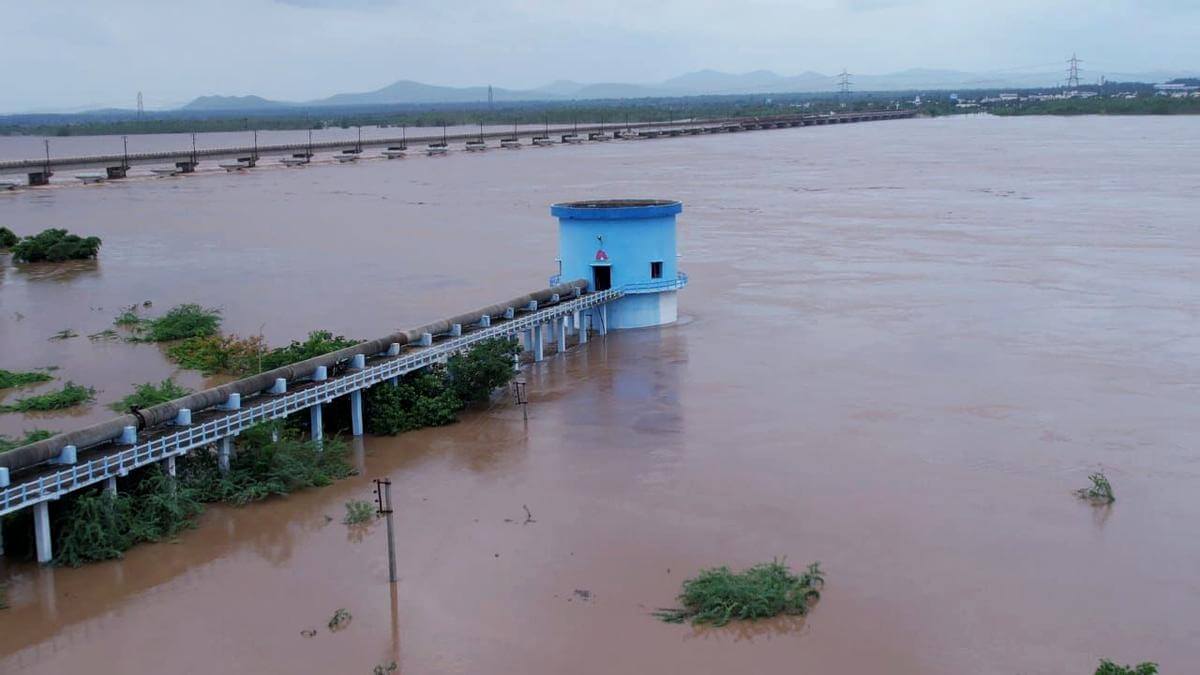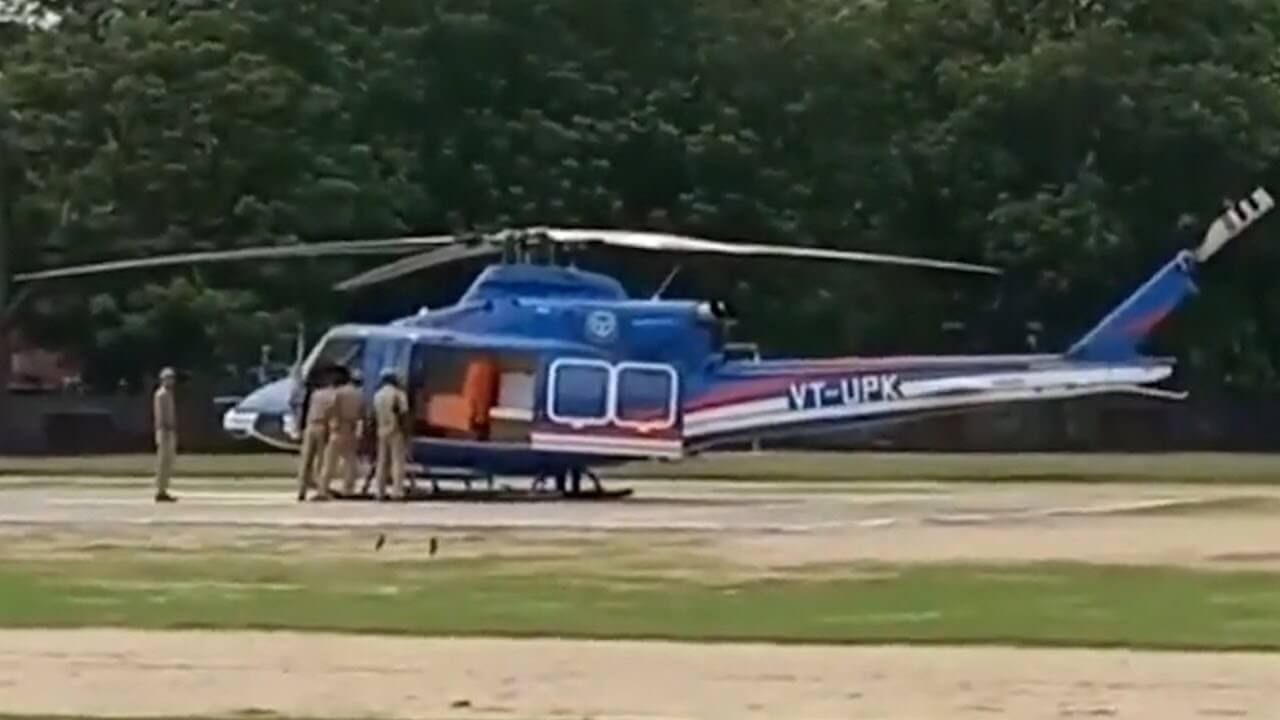Trump’s White House team in disarray, US Senator McCain tells Europe
Sun 19 Feb 2017, 00:00:18
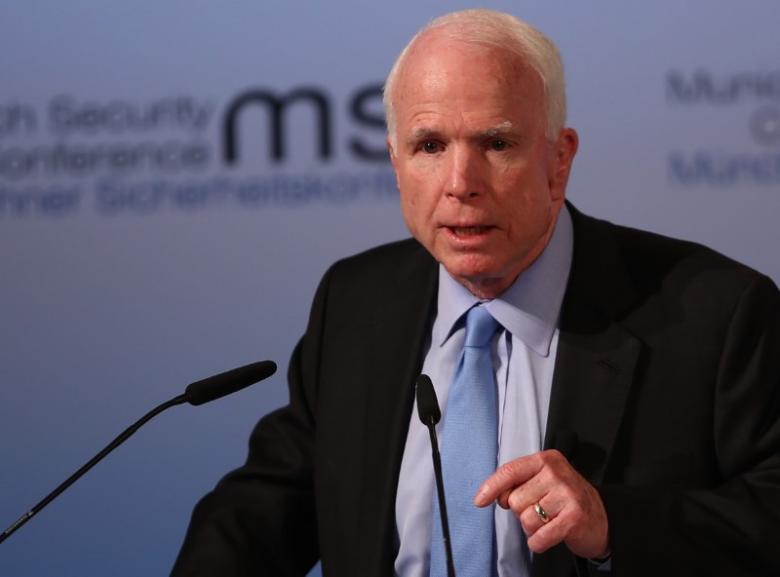
McCain, a known Trump critic, told the Munich Security Conference that the resignation of the new president’s security adviser Michael Flynn over his contacts with Russia reflected deep problems in Washington.
“I think that the Flynn issue obviously is something that shows that in many respects this administration is in disarray and they’ve got a lot of work to do,” said McCain, even as he praised Trump’s defence secretary.
“The president, I think, makes statements (and) on other occasions contradicts himself. So we’ve learned to watch what the president does as opposed to what he says,” he said.
European governments have been unsettled by the signals sent by Trump on a range of foreign policy issues ranging from NATO and Russia to Iran, Israel and European integration.
The debut trip to Europe of Trump’s defence Secretary Jim Mattis and Secretary of State Rex Tillerson, to a meeting of G20 counterparts in Bonn, went some way to assuaging concerns as they both took a more traditional US position.
But Trump is wrestling with a growing controversy at home about potential ties between his aides and Russia, which he dismissed on Thursday as a “ruse” and “scam” perpetrated by a hostile news media.
Mattis made clear to allies, both at NATO in Brussels and in Munich, that the United States would not retreat from leadership as the European continent grapples with an assertive Russia, wars in eastern and southern
Mediterranean countries and attacks by Islamist militants.
Mediterranean countries and attacks by Islamist militants.
US vice-president Mike Pence will address the Munich conference on Saturday with a similar message of reassurance.
Pence will say that Europe is an “indispensable partner” for the United States, a senior White House foreign policy adviser told reporters.
Mattis told a crowd that included heads of state and more than 70 defence ministers that Trump backed NATO.
“President Trump came into office and has thrown now his full support to NATO. He too espouses NATO’s need to adapt to today’s strategic situation for it to remain credible, capable and relevant,” Mattis said.
Mattis said the United States and its European allies had a shared understanding of the challenges ahead. Trump has alarmed allies by expressing admiration for Russian President Vladimir Putin.
Mattis, however, has spoken out strongly against Russia while in Europe. After talks with NATO allies in Brussels on Thursday, he said that he did not believe it would be possible to collaborate militarily with Moscow, at least for now.
The Europeans may need more convincing that Washington stands with it on a range of security issues.
“There is still a lot of uncertainty,” Sebastian Kurz, Austria’s foreign minister, told reporters. “The big topic in Munich is looking to the USA to see which developments to expect next.”
No Comments For This Post, Be first to write a Comment.
Most viewed from International
Most viewed from World
AIMIM News
Latest Urdu News
Most Viewed
May 26, 2020
Do you think Canada-India relations will improve under New PM Mark Carney?
Latest Videos View All
Like Us
Home
About Us
Advertise With Us
All Polls
Epaper Archives
Privacy Policy
Contact Us
Download Etemaad App
© 2025 Etemaad Daily News, All Rights Reserved.



.jpg)






.jpg)
.jpg)

